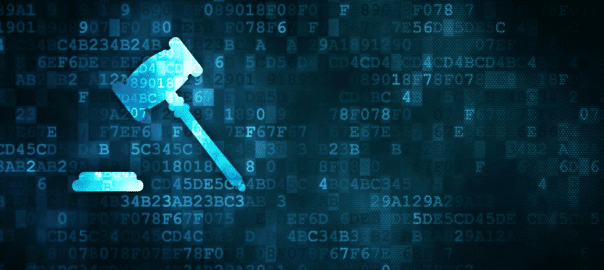May 230, 2023 /Business/ — The EU AI Act is a proposed piece of legislation that would regulate the use of artificial intelligence (AI) in the European Union. The Act would create a framework for the development and use of AI that is aligned with the EU’s values, such as respect for human rights and fundamental freedoms.
The Act would classify AI systems into three risk categories: unacceptable risk, high risk, and low risk. Unacceptable risk AI systems would be banned, while high-risk AI systems would be subject to strict requirements. Low-risk AI systems would be largely unregulated.
The Act would also establish a European Artificial Intelligence Board (EAIB) to oversee the implementation of the Act. The EAIB would be responsible for issuing guidance to businesses on how to comply with the Act, and for investigating and enforcing compliance.
The EU AI Act has a number of implications for data protection, intellectual property, and technology businesses. For data protection, the Act would require businesses to take steps to ensure that AI systems are used in a way that respects personal data and privacy. For intellectual property, the Act would clarify the legal status of AI systems, and would provide businesses with greater certainty about their rights to use AI-generated content. For technology businesses, the Act would create a new regulatory environment for the development and use of AI, and would require businesses to invest in compliance measures.
The EU AI Act is still under development, and it is not yet clear when it will be adopted. However, the Act is likely to have a significant impact on the way that AI is used in the European Union.
Here are some of the specific implications of the EU AI Act for data protection, intellectual property, and technology businesses:
- Data protection: The EU AI Act would require businesses to take steps to ensure that AI systems are used in a way that respects personal data and privacy. This could include measures such as:
- Obtaining consent from individuals before using their personal data for AI purposes
- Providing individuals with access to their personal data and the ability to correct or delete it
- Taking steps to protect personal data from unauthorized access, use, or disclosure
- Intellectual property: The EU AI Act would clarify the legal status of AI systems, and would provide businesses with greater certainty about their rights to use AI-generated content. This could include:
- Providing businesses with a clear right to use AI-generated content that is created by their employees
- Providing businesses with a right to use AI-generated content that is created by third parties, as long as the businesses have the necessary permissions
- Technology businesses: The EU AI Act would create a new regulatory environment for the development and use of AI, and would require businesses to invest in compliance measures. This could include:
- Developing and implementing internal policies and procedures to ensure compliance with the EU AI Act
- Training employees on the EU AI Act
- Conducting regular audits to ensure compliance with the EU AI Act
Overall, the EU AI Act is a significant piece of legislation that is likely to have a major impact on the way that AI is used in the European Union. Businesses that are active in the AI space should carefully monitor the development of the EU AI Act and take steps to ensure compliance.

